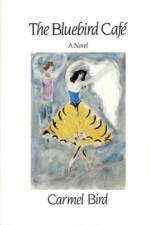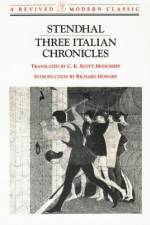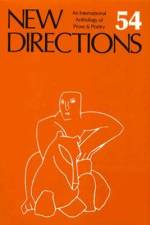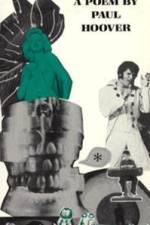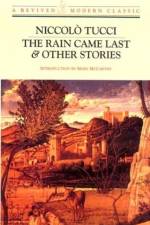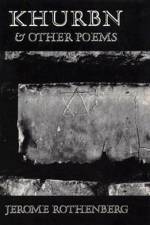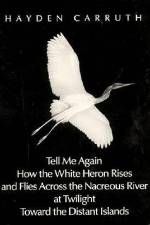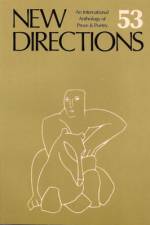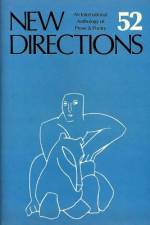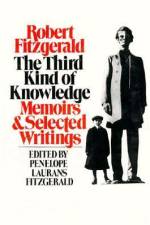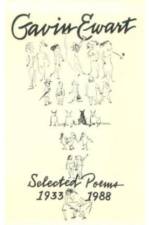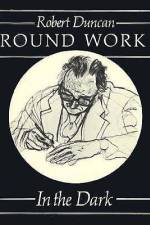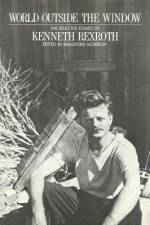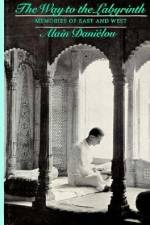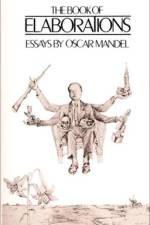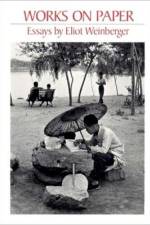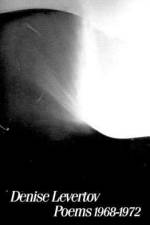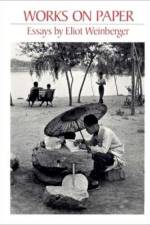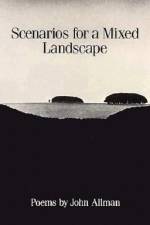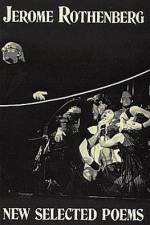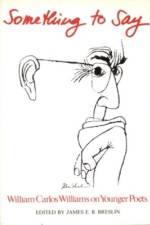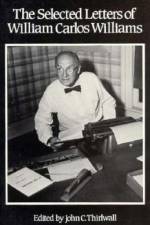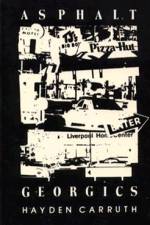av Penelope Laurans Fitzgerald
257
The memoirs and essays collected in The Third Kind of Knowledge encompass the many lives of a remarkable man. Poet, translator, critic, journalist, memoirist, scholar-the late Robert Fitzgerald (1910-1985) had an unusual range of gifts and lived a strikingly varied life in the literary and academic world. While growing up, his scholarly promise earned the attention of his mentor in classical studies, Dudley Fitts, and his poetic gifts the admiration first of Vachel Lindsay and later of T. S. Eliot (who took some of his college poems for publication in the Criterion). A reporter for the New York Herald Tribune in the thirties, Fitzgerald also spent time before and after the Second World War as a part of Henry Luce's literary stable at Time, where he forged his close friendship with James Agee and edited the Books Department for the magazine. His friendship with Agee, and also with Flannery O'Connor (whose literary executor he became) as well as with other literary figures such as John Berryman, Allen Tate, and Caroline Gordon flourished during this period. In the early fifties he moved with his family to Italy, where he worked for six years on his celebrated translation of the Odyssey. His other classical translations-the Illiad, the Aeneid, and his translations of Euripides and Sophocles, several done in collaboration with Dudley Fitts-have become the the signal translations of our time. A renowned teacher as well as poet and scholar, Fitzgerald taught, over the years, at such institutions as Sarah Lawrence, Princeton, The New School, Mount Holyoke, and the University of Washington. His career culminated at Harvard where, in 1965, he was named Boylston Professor of Rhetoric and Oratory. For fifteen years his course in Versification influenced a generation of younger poets, and his seminar in "Homer, Virgil, and Dante" a generation of young scholars. The Third Kind of Knowledge displays the unusual breadth of Fitzgerald's achievement and includes personal memoirs, reminiscences of literary friends, literary criticism of classical literature, and an interview on the art of translation. This volume has been prepared by his widow, Penelope Laurans Fitzgerald, following a plan begun by the author before his death.

